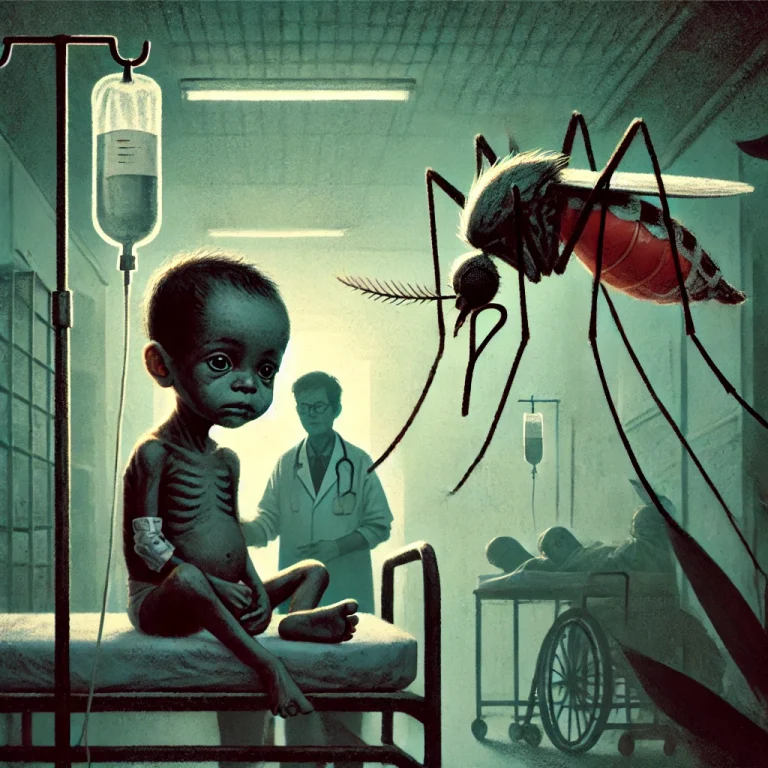The Senate wants to create a National Agency for Malaria Eradication, but many health experts have rejected the idea. They believe it may not be practical or necessary.
The bill was introduced by Senator Ned Nwoko. It proposes setting up a special agency to focus only on wiping out malaria in Nigeria.
At a public hearing held on Thursday at the National Assembly, experts said this new agency would simply repeat the work already being done by other bodies. They also said it goes against recommendations to reduce the number of government agencies.
These recommendations come from the Orosanye Report, submitted in 2012. The report advised the government to cut down on overlapping agencies to save money and improve efficiency. It is often used in arguments against creating new agencies.
One of the strongest voices against the bill was Imarha Reuben, a senior lawyer at the Federal Ministry of Justice. He said the new malaria agency would just copy what existing health agencies are already doing.
Reuben said, “The Ministry of Justice opposes the bill for the National Agency for Malaria Eradication because it would duplicate the work of other agencies. This goes against the goals of the Orosanye Report.”
Dr. Kolawole Maxwell, who leads Nigeria’s Malaria Technical Working Group, also disagreed with the proposal. He said the goal should be to reduce malaria (“elimination”), not wipe it out completely (“eradication”), and that efforts should be coordinated under existing systems.
“We should focus on malaria elimination, not eradication,” Dr. Maxwell said. “Creating a new agency could break up the health system and reduce effectiveness.”
Fraden Bitrus, speaking for NAFDAC, also warned against creating a new agency. He said malaria efforts should remain united under current structures for better results.
Still, some people supported the idea. Ismaila Haruna Dankogi, who leads a chapter of the Environmental Health Officers Association, said the agency could change Nigeria’s fight against malaria by focusing more on prevention than just treatment.
“Our current system mostly treats malaria. We need a new structure that focuses on preventing it, and this agency could help with that,” Dankogi said.
Dr. Chioma Amajoh, known as “Mama Malaria” for her long work on malaria, also supported the bill. She said the current approach has failed and a new agency would help bring stronger, more organised action.
“We need a fresh start. This agency could help us finally get rid of malaria,” she said, urging lawmakers to approve the bill.
At the start of the hearing, Senate President Godswill Akpabio backed the bill. He said Nigeria needs to move past temporary awareness campaigns and create a permanent, legal way to fight malaria.
“It’s time to move beyond seasonal campaigns and focus on a long-term solution supported by law and science,” Akpabio said. He reminded everyone that malaria still kills many people in Nigeria.
Wrapping up the session, Senate Health Committee Chair Dr. Ipalibo Banigo thanked all participants and promised the committee would carefully study every opinion before making a final decision.
“We value everyone’s input. We will review all points carefully before making our recommendation,” Banigo said.


